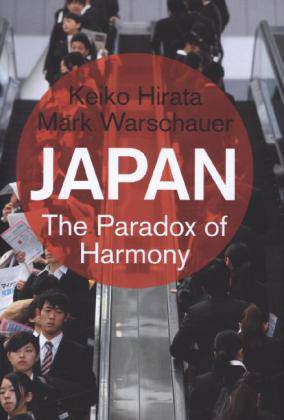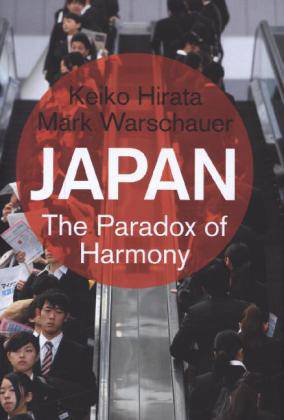
Bedankt voor het vertrouwen het afgelopen jaar! Om jou te bedanken bieden we GRATIS verzending aan op alles gedurende de hele maand januari.
- Afhalen na 1 uur in een winkel met voorraad
- Gratis thuislevering in België
- Ruim aanbod met 7 miljoen producten
Bedankt voor het vertrouwen het afgelopen jaar! Om jou te bedanken bieden we GRATIS verzending aan op alles gedurende de hele maand januari.
- Afhalen na 1 uur in een winkel met voorraad
- Gratis thuislevering in België
- Ruim aanbod met 7 miljoen producten
Zoeken
Omschrijving
A well-rounded, well-informed critique of the Pacific island nation of Japan, its society, economy, demography, and politics Following a crushing defeat in World War II, Japan rose like a phoenix from the literal ashes to become a model of modernity and success, for decades Asia's premier economic giant. Yet it remains a nation hobbled by rigid gender roles, protectionist policies, and a defensive, inflexible corporate system that has helped bring about political and economic stagnation. The unique social cohesion that enabled Japan to cope with adversity and develop swiftly has also encouraged isolationism, given rise to an arrogant and inflexible bureaucracy, and prevented the country from addressing difficult issues. Its culture of hard work--in fact, overwork--is legendary, but a declining population and restrictions on opportunity threaten the nation's future. Keiko Hirata and Mark Warschauer have combined thoroughly researched deep analysis with engaging anecdotal material in this enlightening portrait of modern-day Japan, creating an honest and accessible critique that addresses issues from the economy and politics to immigration, education, and the increasing alienation of Japanese youth.
Specificaties
Betrokkenen
- Auteur(s):
- Uitgeverij:
Inhoud
- Aantal bladzijden:
- 304
- Taal:
- Engels
Eigenschappen
- Productcode (EAN):
- 9780300186079
- Verschijningsdatum:
- 24/06/2014
- Uitvoering:
- Hardcover
- Formaat:
- Genaaid
- Afmetingen:
- 162 mm x 239 mm
- Gewicht:
- 657 g

Alleen bij Standaard Boekhandel
Beoordelingen
We publiceren alleen reviews die voldoen aan de voorwaarden voor reviews. Bekijk onze voorwaarden voor reviews.












